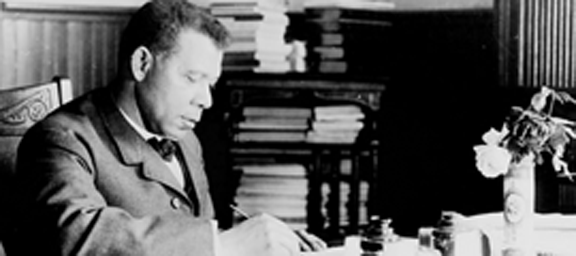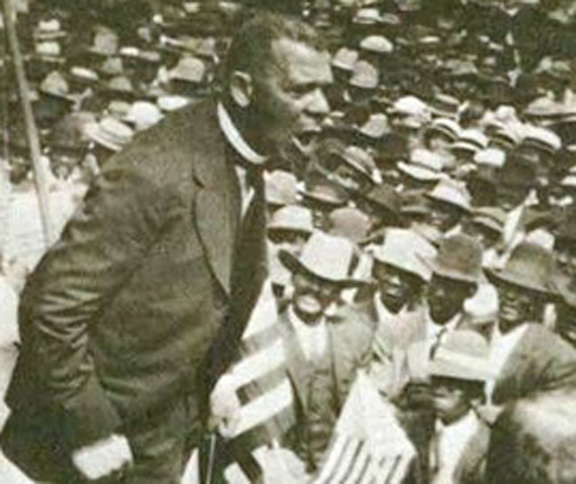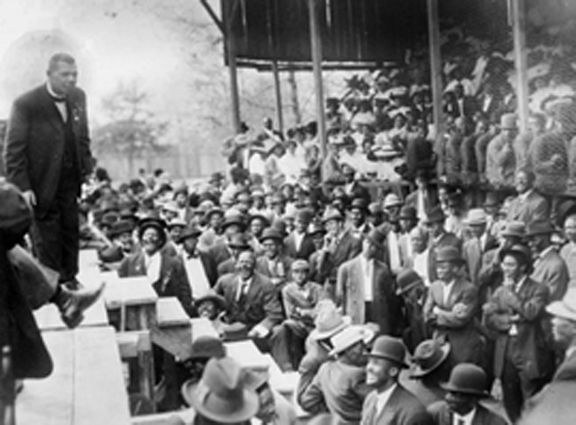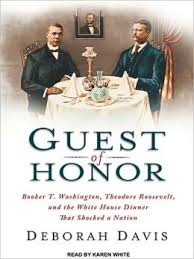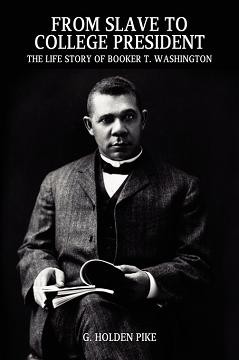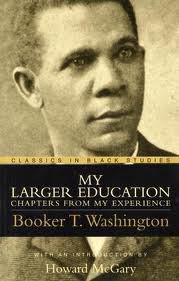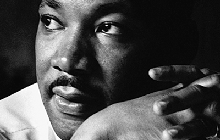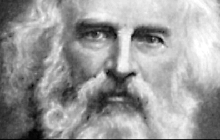Harvard awarded Booker T. Washington an Honorary Masters Degree in 1896, and Dartmouth awarded him an Honorary Doctorate in 1901. Harvard President Charles W. Eliot spoke at Tuskegee’s 25th anniversary in 1906, declaring, “By 1905, Tuskegee produced more self-made millionaires than Harvard, Yale, and Princeton combined.”
In fact, Booker T. privately contributed to help fund several legal challenges to segregation and disenfranchisement. One of those legal challenges went all the way to the United States Supreme Court in 1903 (Giles v. Harris). When he was offered $10,000 to state publicly that he did not desire social equality for the Negro, he refused and stated, “I will make no answer whatsoever.”
Booker T. attracted huge crowds—black and white—wherever he spoke. He helped raise funds for worthy causes and spoke all across the country, as well as overseas. His fame and influence was so great that historians commonly refer to the 1895-1915 period as the “Booker T. Washington Era.”
Booker T. authored several books, wrote countless newspaper and magazine articles, and gave thousands of speeches all across the United States. His inspirational 1901 autobiography, Up from Slavery, has been translated into 16 languages and has never been out of print.
In processing his remarkable leadership, he said: “You may fill your heads with knowledge or skillfully train your hands, but unless it is based upon high, upright character, upon a true heart, it will amount to nothing.”



